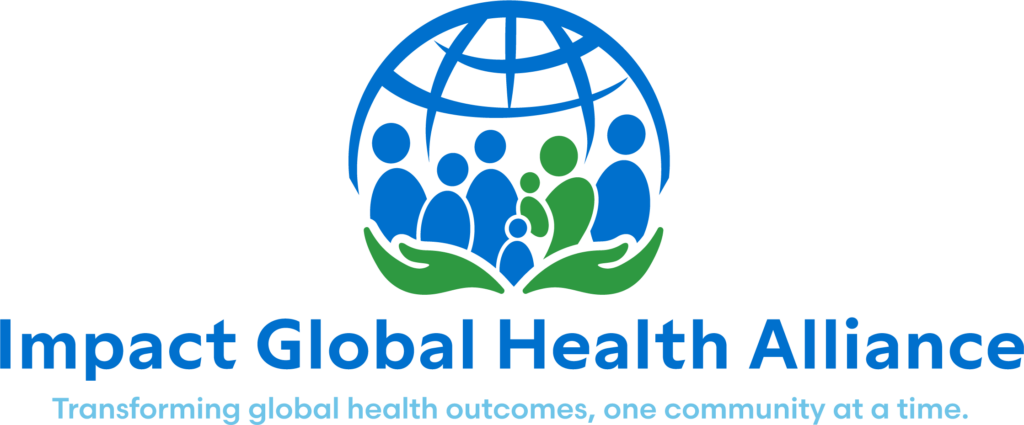Giving Back the Right Way
By Rob Pavone, International Volunteer with Impact Global Health Alliance Global and Engineer at Cisco
Rob travelled to Impact Global Health Alliance Global’s project in Bolivia with his father in 2002. Since then he has been back to serve in Bolivia multiple times and also volunteered in Costa Rica, Peru and Haiti. As a leader within the United Methodist Church, Rob currently serves as UMVIM Coordinator for the North Carolina Conference and supports international and domestic missions alike. With expertise in IT and Networking, Rob has pushed Impact Global Health Alliance Global to streamline data collection and analysis with the CBIO methodology in rural settings around the world.
I first learned of Impact Global Health Alliance Global in 2002 on a mission trip to Bolivia, where I was impressed by the Community-Based, Impact-Oriented (CBIO) methodology. CBIO is a unique approach which empowers communities to take control of their own health and provides them with the tools to accurately identify and address health issues in the community. As an engineer for Cisco, I help customers increase systematic efficiency to improve their work. CBIO is an incredibly efficient model that helps track the health of children and mothers in communities that typically would not have access to health care.
I have been on numerous mission trips to Bolivia, Costa Rica, Haiti & Peru as both a participant and a group leader. Two books, Toxic Charity and When Helping Hurts, had a significant impact on the way I view mission work. Both books describe the potentially harmful nature of short-term mission work, which often provides communities with short-term, inappropriate solutions to outsider-identified problems. These books along with my experience in the field have taught me that when it comes to sustainable international development, you must teach the communities to fish.
 |
We’ve all heard the saying but what does it mean to teach a man to fish? Impact Global Health Alliance Global, as an international development agency, relies on mutual-respect and humility to work with partners on health education from the beginning of each project. At Impact Global Health Alliance’ site in Bolivia, the community is involved 100% from the very beginning. Impact Global Health Alliance provides the education, but the communities are responsible for performing the work.
In the US, we have been blessed with countless conveniences for comfortable lives. It is our responsibility to give back to communities in need around the world. But, we cannot assume as outsiders that we understand the problems in a foreign community and that we have the solutions. Communities must be engaged and participate in their own development projects. This participation not only ensures cultural appropriateness and accurate identification of community priorities, but also creates community ownership of the project which will ensure sustainability after an international development organization leaves. This is the philosophy behind Impact Global Health Alliance Global’s work and that is why I support them.
 |
| Rob Pavone and fellow volunteers from Fuquay Varina UMC on a mission trip in Bolivia |




